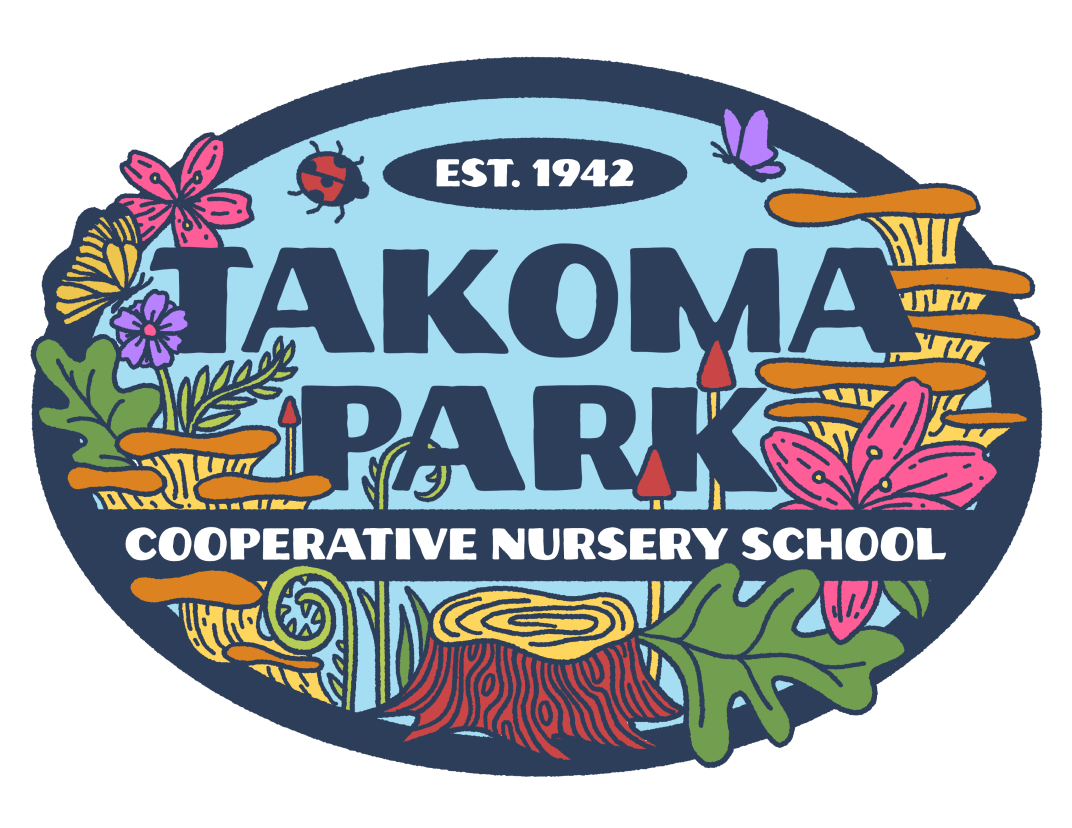What is Dramatic Play?
Dramatic play is sold in themed packages in teaching catalogues. There are Pinterest pages and pages devoted to thematic dramatic play. In articles, teachers are encouraged to "set the stage" -- to collect puppets, props, and costumes in order to inspire dramatic play. Environmental rating scales feature check-ins about flannel boards, specific props, furnishings, delineated areas, storage, and themes.
The Goblins have stolen the light of the whole world. The wedding (which is always in the planning stages) must be postponed. Dangergirl and a magic Earth ball may be able to solve the problem. If they can't, there are others waiting to recapture the light.
During their presentation at the NAEYC 2013 Conference, When everything old is new again: Amplification of child development as a central principle of a Vygotskian-based curriculum, Elena Bodrova and Deborah Leong, (authors of Tools of the Mind) expounded upon the brain development, social-emotional growth, resiliency, problem-solving (the list goes on!) that occur as a result of dramatic play. Yet, when they presented video examples of dramatic play, they showed a group of children engaging in a reenactment of the Three Little Pigs .
Is this the best we can do?
Make no mistake, our materials are curated and collected. They have to be! We have almost 75 years worth of materials, furnishings, and SCARVES to keep track of! We also have an entire room devoted specifically to scaffolded dramatic play. When I first started teaching, I thought nothing of pulling together a Three Little Pigs production. I know better now. We take a sharp departure from community helper, teacher-shaped delivery and packaged dramatic play -- that is not the scaffolding we are looking for -- and this departure takes us down a path that is not always a sunny, little place of a brick-solid house with garden. Mostly, our dramatic play is built with sticks, traps, and poison and how fabulous is it when it holds? And falls?!?
The bottom line is that the packaged dramatic play proposal is built on a foundation of "too much work" or as I heard Amelia Gambetti describe a program as having, "too much of the adult hand." We have to pry our fingers off the thing and let go. Sometimes that is hard, mainly because sometimes children's play is dark and unwieldy. It is loud and ranges far and wide, inside and out. And that is play we should be seeing in early childhood programs. Not the pre-packaged, sanitized, beginning-middle-and end story shaped by an adult. Play never ends. It folds, unfolds, shifts, and multiplies.
I have many favorite stories about the dramatic play that I have observed over the years -- there was the year of the dead princesses, the year that the imaginary parents had to be done away with (they always get in the way), the year that babies needed to be carried in the suitcase, there was chickenpault about luring and launching chickens into space, and there are the babies that fall overboard never to be seen again. There are battles and there are riots, there are cats on the counters, there are vampire snow leopards, and there is glare fight. This year, poor sand baby is so pathetic that she must be cared for in earnest. Her teeth must be brushed with mud and she must be washed over and over in silty rainwater.
In this play, of course you will find the "community helpers" and all sorts of other characters. There are agreements and there is terror. We hold our greatest measure of success when a child turns to us and says, "Pretend this is . . . " or "Pretend I am . . . " We measure our success when a child, once so terrified of the play arc that she hid in a corner, and now, many months later, the scaffolding bolsters her as she cradles a blue marbled bowling ball in her lap in the middle of the goblin-induced gloom and she whispers to it in order to find the answers about how to steal the light back from the goblins. She gets her answer (of course) and she stands, ready to solve the problem at hand, the light-stealing goblins WILL be defeated.

